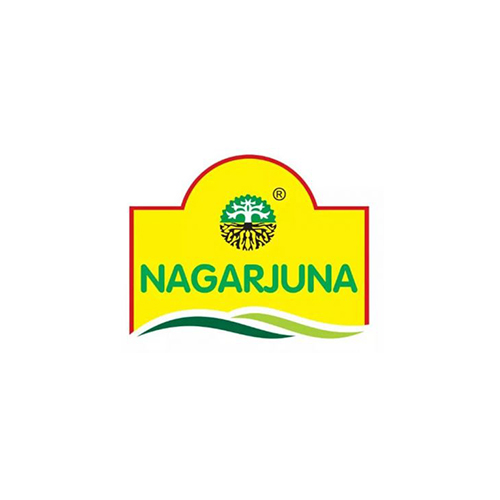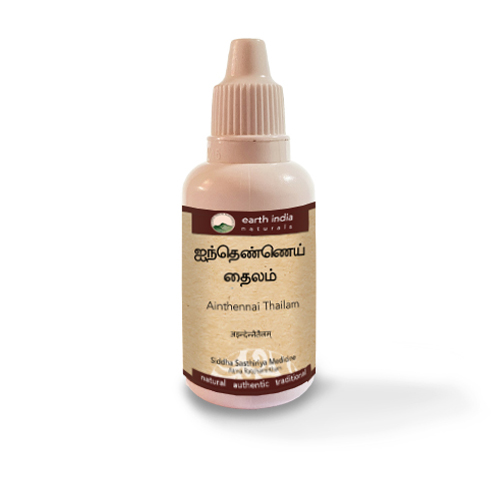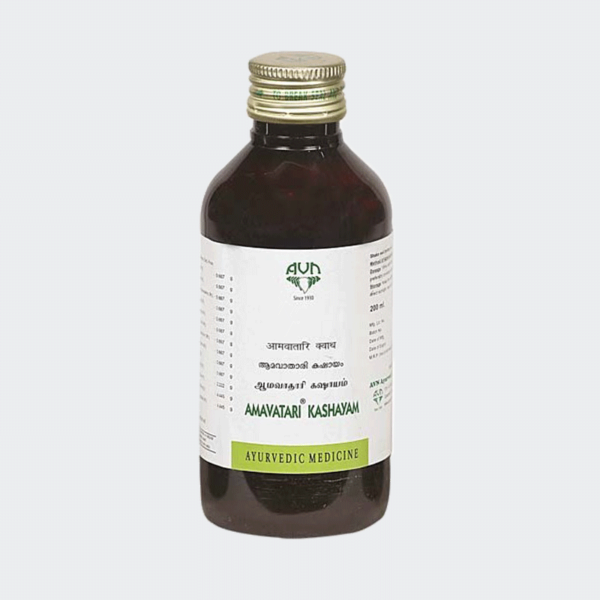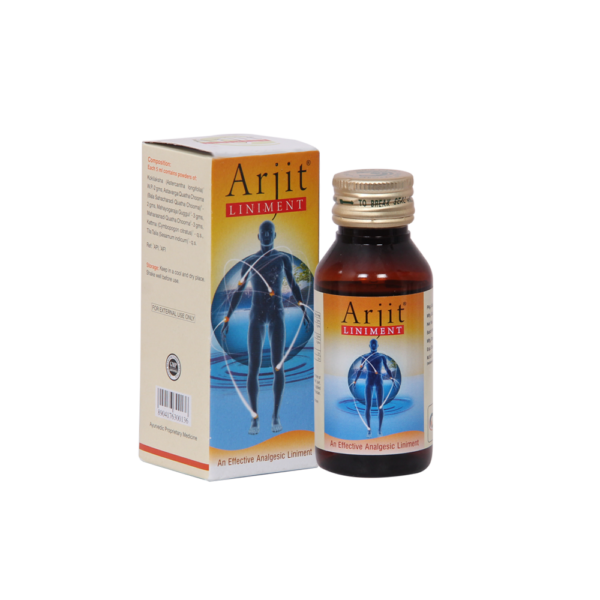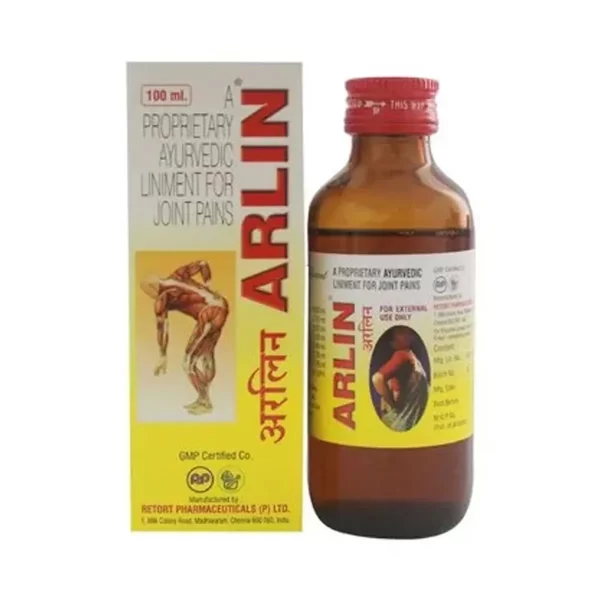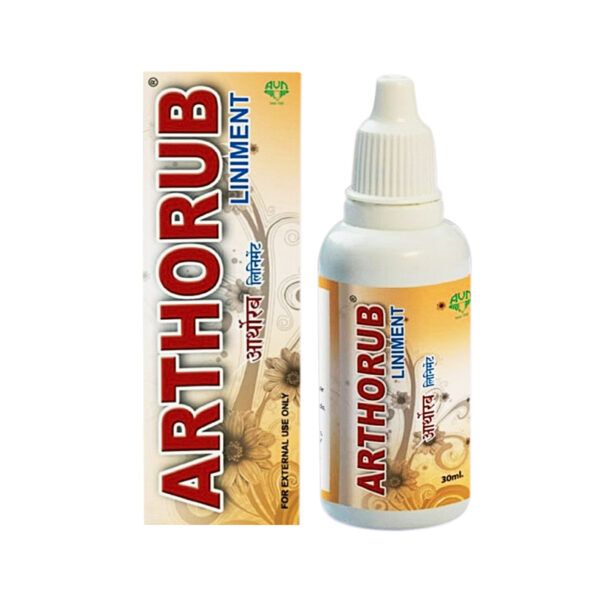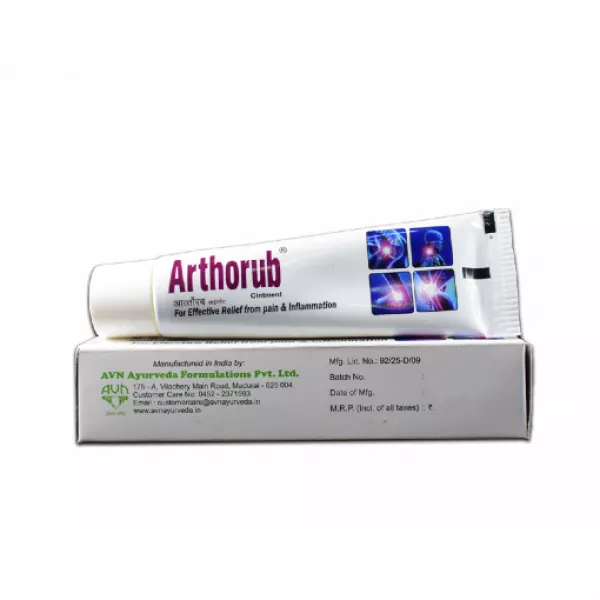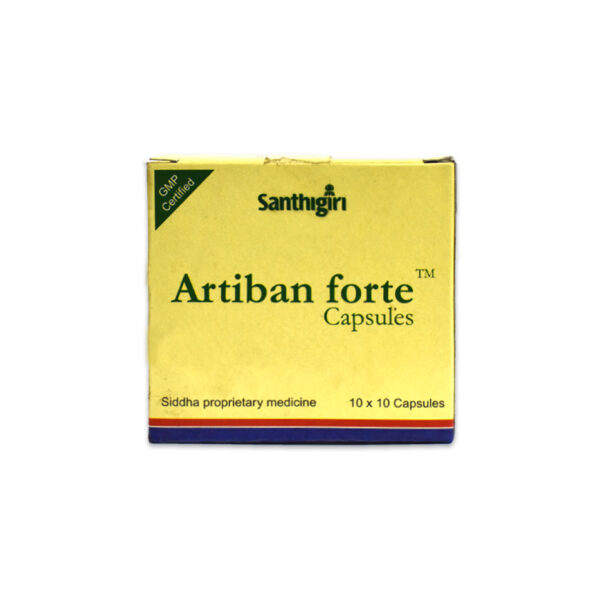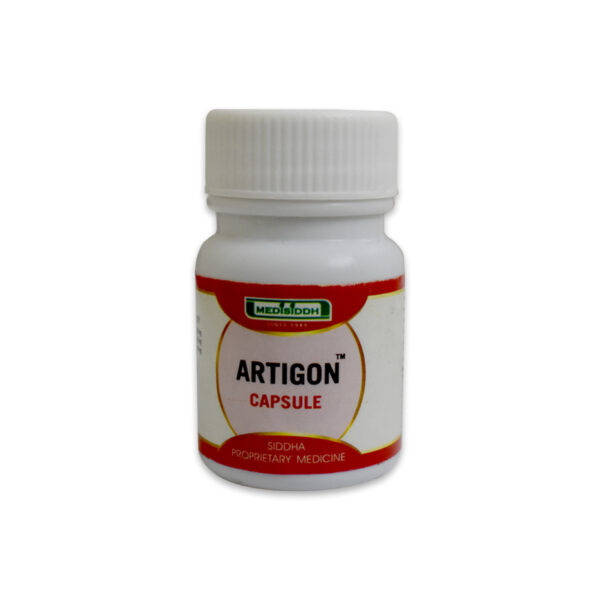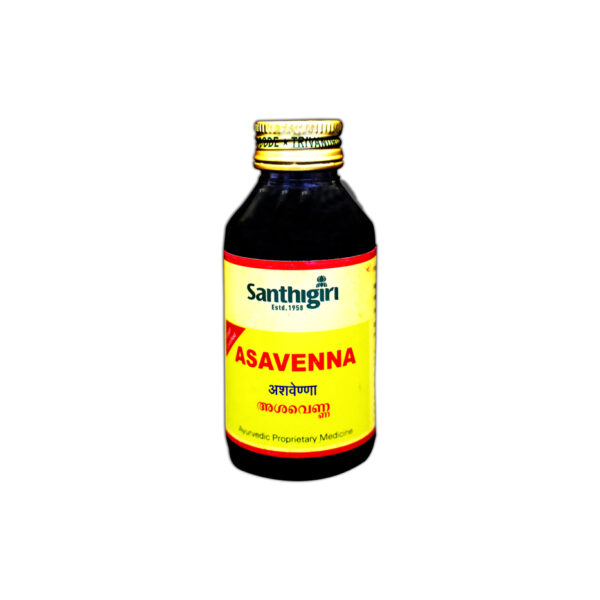Siddha Medicine for Joint Pain
Siddha Medicine, an ancient Indian healing system, offers natural solutions for joint pain. It uses herbs, diets, and exercises to ease discomfort and promote joint health. With its holistic approach, Siddha Medicine aims to balance the body’s energies and address the root causes of joint issues. By combining traditional wisdom with practical methods, it provides a gentle yet effective path to relieving joint pain.
Overview of Joint Pain
Joint pain is discomfort that affects one or more joints in the body. A joint is a point where the ends of two or more bones unite together. For example, the Hip joint is where the thigh bone meets the pelvis bone. Joint pain frequently occurs in the hands, feet, hips, knees, and spine. Pain in the joint may be constant, or it may come and go. But sometimes, joints can feel stiff, achy, or sore.
In addition, joints may feel stiff in the morning but loosen up and feel better with movement and activity. Too much activity could make the pain worse. Joint pain may affect the function of the joints and can limit the movements. Severe painful joints can interfere with the quality of life. Treatment should focus not only on pain but on getting back to daily activities and living life to the fullest.
Common Causes of Joint Pain
The most common causes of joint pain include,
- Obesity
- Osteoarthritis
- Rheumatoid arthritis
- Gout
- Bursitis
- Tendinitis
- Fibromyalgia
- Osteoporosis
- Rickets
- Previous injuries to joints or broken bones
- Viral infections, rashes or fever
- Age is also an important factor
Symptoms of Joint Pain
The following symptoms commonly accompany joint pain include,
- Pain and swelling of the joint
- Joint tenderness
- Joint stiffness
- A feeling of heat or warmth
- Limited joint movement / restricted movement
- Weakness in the joint or joint becoming unstable
- Fatigue
Joint Pain Treatment in Siddha
According to the Siddha concept, the derangement of 3 humors is the primary reason for this disease. So, initially, normalizing the three humus must be done. Mild purgatives or laxatives can be given according to the deranged humor that needs to be normalized. After that, internal medicines can be administered, which are helpful in preventing the degeneration of synovial fluid, rejuvenating the joints, and providing strength to them. Internal medicines should also be given according to the root cause of the disease. External therapies like massage, kizhi, and bandaging are administered according to the cause and condition of the disease.
Benefits of using Siddha Medicine for Joint Pain
Exceptional treatment methods are available in the Siddha system of medicine. This system helps correct the root cause of the ailment rather than provide symptomatic treatment or general pain-relieving medicines. The Siddha system initially detoxifies the body, then it helps to cure or give relief from the symptoms along with the root cause of the ailment, and also provides rejuvenating therapy.
Herbs used in Joint Pain Siddha Medicine
- Notchi (Vitex negundo): Notchi, also known as Nirgundi, is commonly used in Siddha medicine for its analgesic and anti-inflammatory properties. When used externally or combined with medicinal oils, it helps to reduce joint pain as well as inflammation.
- Thazhuthamai / Vatha madakki (Clerodendrum phlomidis): Thazhuthamai, also known as Vatha madakki (Clerodendrum phlomidis), is an anti-inflammatory and pain-relieving herb used in Siddha medicine. It helps to reduce joint pain and swelling caused by inflammatory diseases.
- Erukku (Calotropis gigantea): Erukku (Calotropis gigantea): Erukku, also known as Calotropis gigantea, is a Siddha medicine herb with anti-inflammatory and analgesic properties. It is believed to reduce joint pain and inflammation when used externally or in formulations.
- Amukkura (Withania somnifera): Amukkura, commonly known as Ashwagandha, is an adaptogenic herb used in Siddha medicine for its anti-inflammatory and pain relief effects. It relieves joint pain and inflammation, enhancing overall health.
- Vatha Narayanan (Delonix elata): In Siddha medicine, Vatha Narayanan, also known as Delonix elata, is used to treat inflammation and pain. It helps to reduce joint pain and discomfort caused by numerous inflammatory disorders.
- Parangi Sambirani (Boswellia serrata): Parangi sambirani, or Boswellia serrata, is commonly known as Indian frankincense. It has been used in Siddha medicine due to its anti-inflammatory characteristics, which help to relieve joint inflammation and pain.
In Siddha medicine, these herbs are commonly used to reduce joint pain and inflammation, either alone or in combination with other herbs in various formulations such as oils, powders, and decoctions. However, it is critical to consult with an approved Siddha practitioner before using these herbs, as they may have contraindications or interfere with other treatments.

